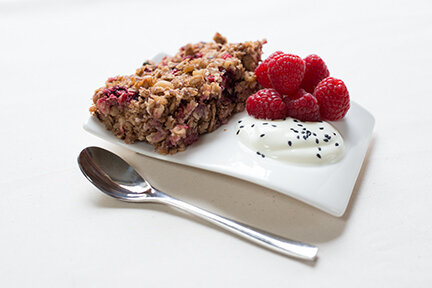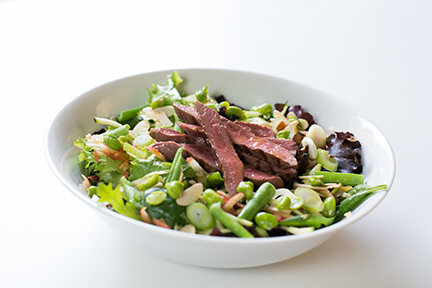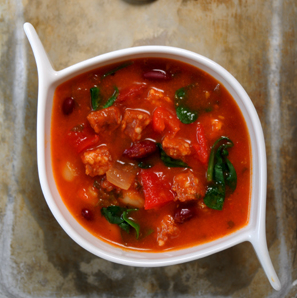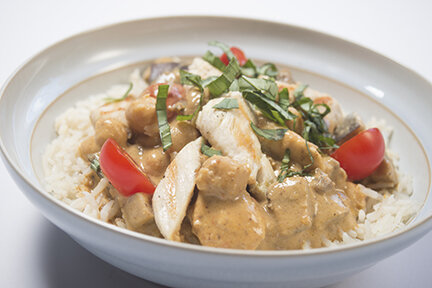WHAT CAN WE EAT TO AVOID GETTING FLU?
First we need to get our defences against infection in shape. These involve the membranes of our ears and eyes and the linings of the nose, throat and lungs - the front lines against viral and bacterial infection. Lean protein foods all supply vital nourishment to the cells in these membranes to help bar the entry of viruses and bacteria that flourish, particularly in centrally-heated environments and public places. 3 to 5 small portions of a selection of the following per day can really help: lean meats, chicken, eggs, fish, low-fat and ‘alternative’ milks, lentils and beans, nuts and seeds and soya-based foods.
Vitamin A
Carrots, pumpkins, apricots, mangoes, spinach and cabbage are all good sources of beta carotene which the body converts into vitamin A. A lack of vitamin A can seriously compromise the integrity of the mucous membranes of the ears, eyes, nose, throat and lungs. Aim for 3 portions of these orange/green protectors per day.
Vitamin C
Good levels of vitamin C help white blood cells to engulf viral and bacterial invaders. Oranges, grapefruit, satsumas, berries and cherries, peppers and sweet potatoes are all rich sources.
Zinc
Seeds and seafood (particularly oysters) are known for their ability to fight disease and to protect the immune system.
Selenium
Although only found in minute amounts in the body selenium is an essential mineral for the prevention of many diseases and may help protect the body against viruses. Brazil nuts are the best source (3 a day) but eggs, sunflower and chia seeds, liver, tuna, herring, salmon, turkey and mushrooms offer good food sources.
Below are a few dishes that you may wish to try that include these protective vitamins and minerals. Just click on the images to access the recipes:












